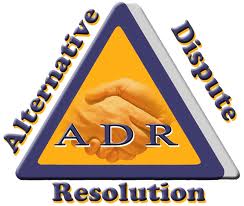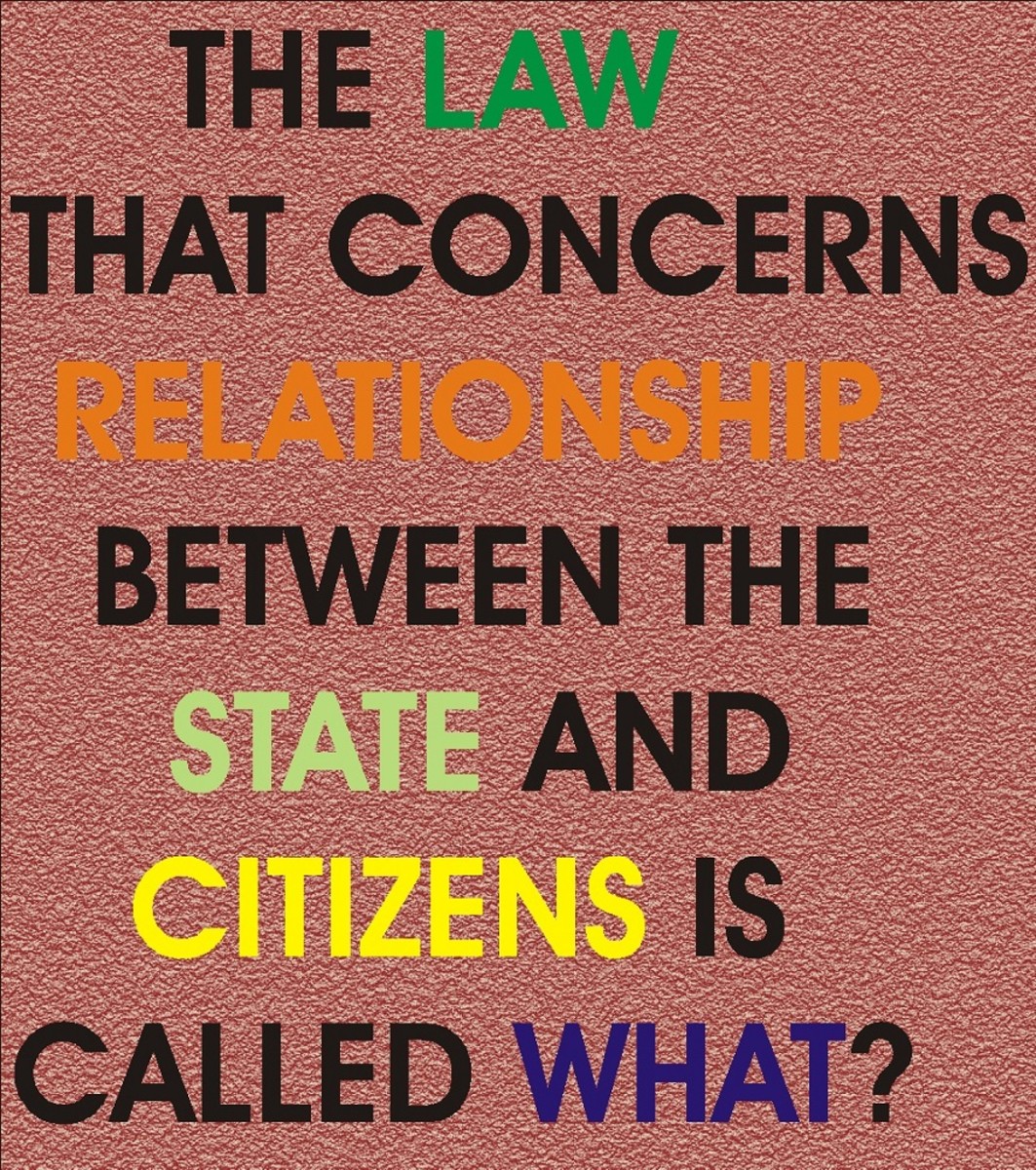ADR - Alternatives to the Courtroom

Understanding ADR!
ADR is the abbreviation for alternative disputes resolution which means settling a dispute without going to the courts. This is because not all disputes are suitable to be handled by the courts and if all disputes are to be heard by courts, then they would be too congested and therefore there would be a long wait before a hearing can be carried out. This is inappropriate as justice delayed is justice denied. On top of that, ADR provides advantages which the courts cannot grant. However ADR lacks of publicity and not many people know about it even after Lord Woolf's Reform which has brought in changes to both the ADR and the courts system. The reform encouraged the people to use ADR and make courts as their last resorts instead. Three key changes :
- Legal aid is provided.
- Courts will not take your case if you have not undergo ADR unless with an appropriate reason.
- Campaigns are held to explain the advantages of ADR.
Types of ADR!
There are over hundreds of types of ADR available. However, only a few main ones will be discussed here. They are :
- Negotiation
- Mediation
- Conciliation
- Arbitration
- Ombudsman
Negotiation
Negotiation involves the two parties which have disputes and this is usually the first step taken as parties do not immediately start a court case. This has the advantages of being private, cheapest and the quickest among all methods. If an agreement cannot be made immediately by both parties, they can consider instructing solicitors to write letter on behalf of them. Anyway, even when a case has been brought to court, parties may still continue to negotiate about their dispute outside the court.
Related websites : http://win-win-negotiation.com/ (to improve your negotiation skills)

Mediation
This method involves a neutral mediator to help both parties in solving their disputes - a compromise solution. This can be done by exploring their common grounds, consult both parties to carry offers and needs to one another and at the same time keeping confidentiality. Usually, a mediator will not suggest any solutions or provide any own opinions unless told to do so. Similar with negotiation and conciliation, mediation is only effective when there is some hope that the parties involved are willing to co-operate. This is usually suitable for companies who are negotiating contracts.
Reasons:
- The parties are in control - less chances to be taken advantage.
- Avoid adversarial conflict in court (win/lose situation) - does not ruin the good relationship between the two companies.
- Provides future prospects - may include agreements on future business.
- Carried out in private - does not ruin the reputation of any companies.
- Speedy settlement of dispute - vital element as time is money in business.
- Cheap if compared with court and lawyer fees.
Mediation services can be obtained everywhere now. The Centre for Dispute Resolution was set up in London since 1991. They can also be obtained online through websites like http://www.themediationroom.com . Even if mediation fails to resolve the dispute, it narrows down the issues that need to be heard in the court and thus saves time and money.
Conciliation
This method is similar to mediation except that the neutral party actually suggest compromise solutions to the parties involved. This therefore share an extra advantage - the parties might not compromise without the suggested solutions .
Arbitration
Arbitration is a voluntary submission of a dispute by the parties involved to a third party other than a judge. The agreement to go for arbitration can be made by the parties at any time - before the dispute or even when the dispute is leveling. Under the Arbitration Act 1996, the court will usually refuse to deal with cases which are agreed to be settled through arbitration. The arbitrator(s) -which are chosen according to the types of dispute to ensure they have the relevant expertise- will then hear the case and give a decision termed as award which is binding on the parties. The award can be enforced through the courts if necessary. Arbitration therefore has the following advantages :
- Disputes are settled by experts.
- Private
- Cheap
- Speedy
- Flexible procedures - informa
- Time and date of hearing can be arranged
- Award can be enforced through courts
Arbitration also has a few drawbacks such as:
- An unexpected point of law cannot be solved.
- Professional arbitrator fees are expensive.
- Limited rights of appeal.
- Delays for commercial and international arbitration are long.
Ombudsman
This is where a party faces a problem and reports it to the ombudsman -which is usually the state official- and s/he will carry out investigation on the complaints. If a complaint is reasonable and substantiated, the ombudsman will try to solve the problem. This is usually done by reporting to the government to suggest changes.
Overall advantages and drawbacks of ADR!
Advantages:
- Private
- Informal
- Good accessibility
- Flexibility
- Lower cost
- Speedy
Drawbacks:
- Inconsistent decisions
- No publicity
- Limited appeal system
- Lack of enforcement
- Possibility of corruption
- Lower class of justice
Question of the Day!
If you have a dispute, will you go straight for the courts or opt for ADR? If you choose ADR, which one will you select?
SHARE! If you have the ideas, I am ready to hear!



